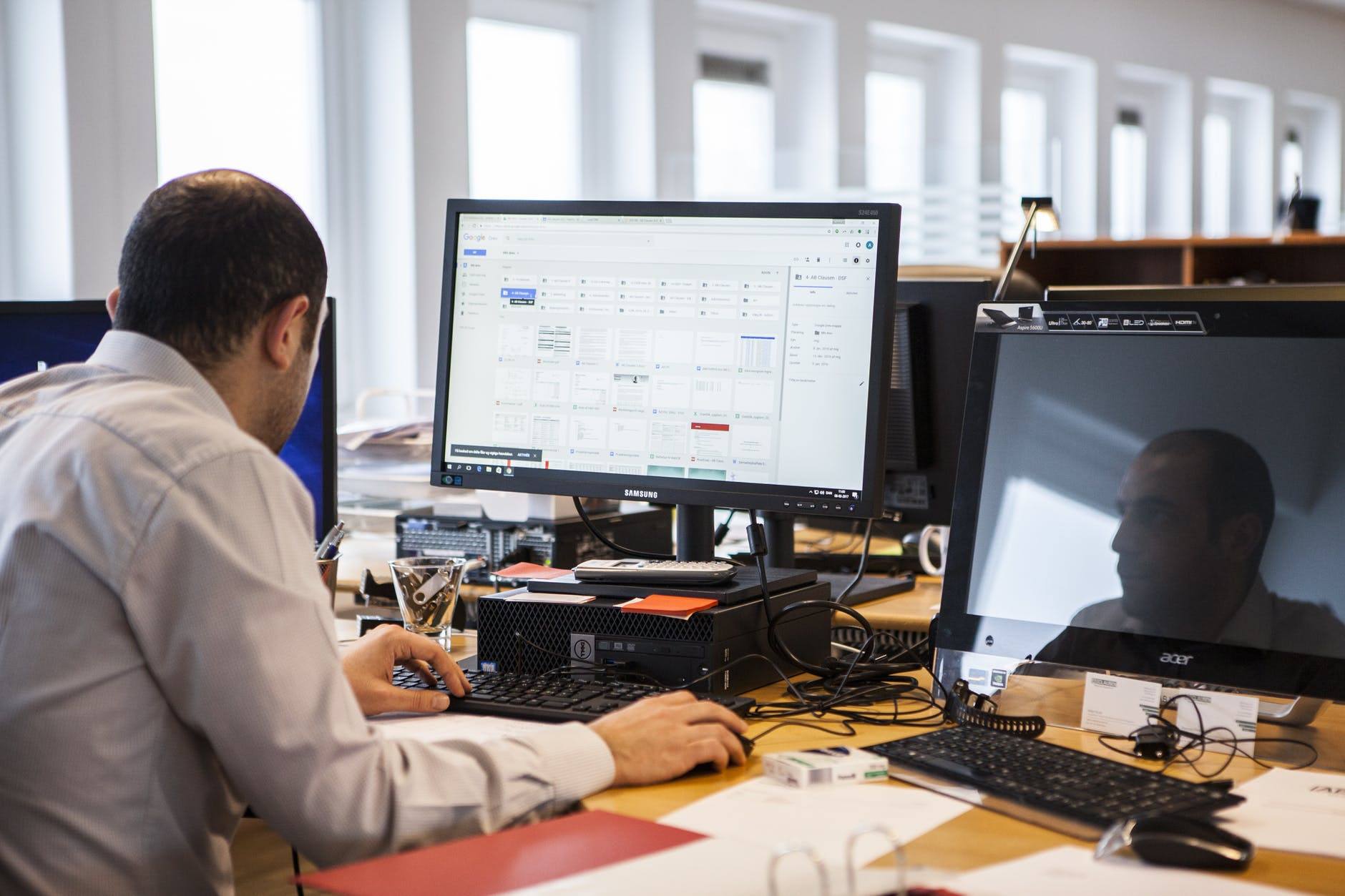When we invest so much money into a new computer system, we need to ensure we do all that we can to protect our hardware from damage. Magnets are one of the biggest risks to computers. No matter how advanced your device is, you need to do all you can to protect it. Let’s look at how magnets can damage a device and whether it’s something you should be concerned about.
The Truth About Magnets and Computers
If you look at magnetic fields in a scientific manner, it’s true that magnets can damage electronics. However, the length of time the hardware is exposed to the magnet and the strength of the magnetic field will have a huge impact on the damage that’s done to your microprocessor. A small fridge magnet or a case on your tablet won’t cause major damage. In fact, most small magnets you have lying around your home will likely be safe to keep around a computer.
Large, heavy-duty magnets are the things you need to be aware of. They are much stronger than your typical fridge magnet. They can even erase and destroy data, causing permanent damage to electronics.
How Much of a Risk are Magnets to Your Computer?
For anyone who works with heavy-duty magnets on a daily basis, you are likely to experience a greater risk to your devices. Most people are going to be okay in their working environment, and will find that the magnets aren’t in operation or strong enough to cause any disruption.
You might be surprised to learn that most hard drives have magnetic disks, which are used to store and write the data on them. They are stronger than your typical fridge magnet, so there is pretty much no chance of damage to the microprocessor.
Smartphones can also be disrupted by a strong magnetic field. Many phones use magnetic materials, such as iPhone cases, but the risk is reduced when you take away the magnet. Smartphones don’t use magnet discs, however, they usually have small magnets, which can temporarily disable some functions with exposure.
The Final Word
To play it safe, we recommend that you don’t use your phone or computer around strong magnets. The magnetic field might not do permanent damage, but you’ll not want to play around with this just in case it causes long-term damage to your devices.
We hope that this helps you to protect your devices in the future. Let us know if there are any other topics you’d like us to discuss in the upcoming weeks, so that we can address some of your most pressing concerns about technology. For further assistance, contact our team today, who will be happy to share how we can stop your systems and devices from becoming corrupted in the future by exposure to magnets or other security risks.






